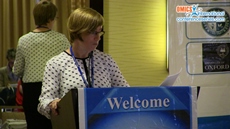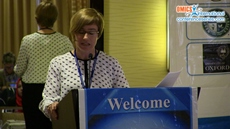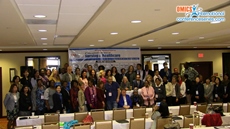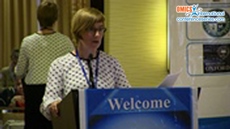
Tutticci Naomi
Queensland University of Technology, Australia
Title: Reliably measuring third year nursing students’ refl ective thinking and critical refl ection selfeffi cacy after high fi delity simulation: A pilot study
Biography
Biography: Tutticci Naomi
Abstract
Background: Critical refl ection underpins critical thinking, a highly desirable generic nursing graduate capability. To improve the likelihood of critical thinking transferring to clinical practice refl ective thinking and self-effi cacy needs to be measured within the learning space of simulation.
Study Design: This study was divided into two phases: Phase one used interviews and expert panel to address the validity measures of previously untested surveys and Phase two used a post-test only design to address the reliability measures of all instruments used.
Setting & Sample: Th e study was conducted in an Australian metropolitan university. All fi nal year Bachelor of Nursing (BN) students enrolled in the clinical capstone subject were eligible for inclusion.
Data Collection: Phase one data was collected by individual interview using a ‘think aloud’ approach and expert panel to review content validity. Phase two data was collected by an online survey.
Data Analysis: For phase one verbatim comment analysis and grouping of similar responses was undertaken. Expert reviewers rated each item and the content validity index was calculated. For phase two internal consistency using Cronbach’s alpha was measured for each subscale and total scales.
Results: Th e refl ective thinking instrument and self-effi cacy VAS was modifi ed (n=6) and items contextualized to simulation. Expert review confi rmed the instrument and VAS exhibited content validity. Internal consistency was demonstrated by all subscales and the refl ective thinking instrument as a whole (r=0.849). Participant (n=58) responses were positive about the simulation experience.
Discussion/Signifi cance of Impact: Th e research fi ndings demonstrated that the refl ective thinking and simulation satisfaction survey is reliable. Further development of this survey to establish validity is recommended to make it viable.




